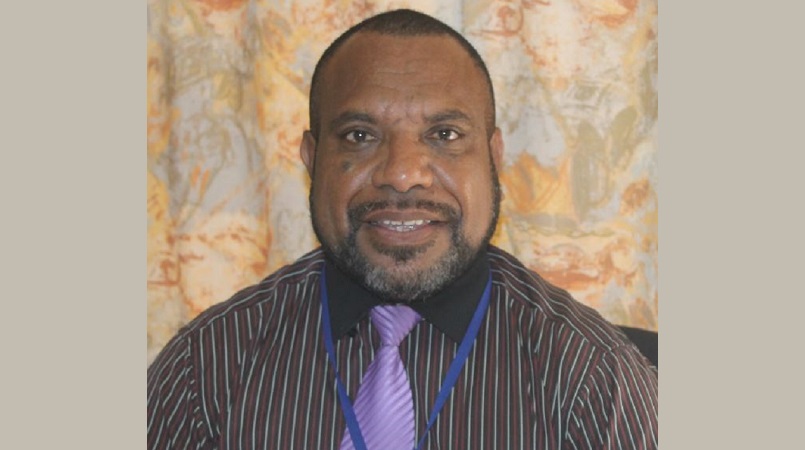
The 2030 Agenda for Sustainable Development Goals (SDGs) have evolved from the underachieved Millennium Development Goals (MDGs) in which most countries globally, failed to meet the targets.
The United Nations have adopted the 17 Sustainable Development Goals for the world’s future, through to 2030. These goals are reinforced through 169 detailed targets agreed to by nearly all the world’s nations, on September 25, 2015 in New York.
Secretary-General for the Papua New Guinea National Commission for UNESCO Andrew Angobe says the SDGs have presented an opportunity for most countries in the Asia Pacific region to mobilize its resources to embark on a new path to improve the lives of its people.
Angobe says the national development aspirations inscribed within the Vision 2050 underpin the importance of the Government’s role in ensuring its people move away from extreme poverty and into prosperity.
“The laws have been enacted and policies drafted to adopt the sustainable development agenda and the Government and its line agencies have begun working on the set goals for Papua New Guinea”.
He adds that SDGs are universal, integrated and transforming and when everyone, comes to know their roles and take on board the goals and the indicators collectively, poverty can be among people and, our only living planet can be protected into the next 15 years.
Angobe has urged the Government to establish an inter-government SDG co-coordinating committee to oversee the implementation of the 17 SDGs over the 15 year period. He stated that work must begin now on working towards the SDG goals so we can achieve them by 2030.
“The SDG goals are interconnected and needs collaborative effort from all actors including the Government, businesses and NGOs”, he says.
